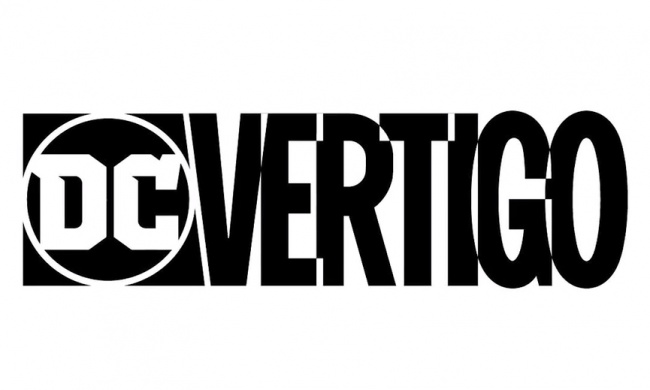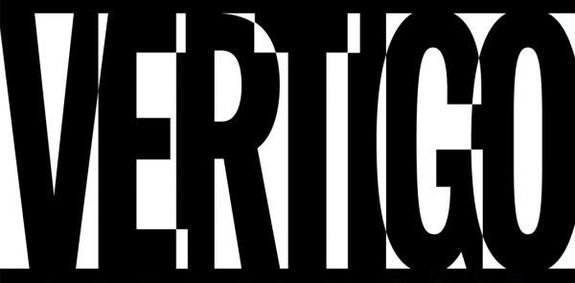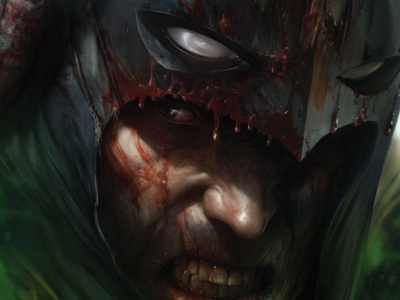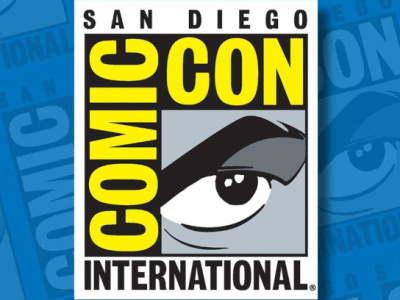Brands live. Brands die. I’m not here to offer an autopsy on Vertigo, or to claim a shred of objectivity about it (I regard it as one of the proudest accomplishments during my tenure as a publisher), but here are a couple of observations about its history, the value and power of brands in comics and other entertainment fields.
The value of an entertainment brand, be it Vertigo or Image at their peaks in comics, or Marvel Studios in film, is simply the power of the promise: if you liked what we gave you last, you’ll probably like what we’re offering next. That’s the path to success for brands in all forms of commerce, but it’s particularly challenging in entertainment. McDonald’s can keep their ingredients and process constant, so you know you’ll get a cheap, edible meal quickly in a clean and safe environment wherever they are. Your next burger will taste just like your last. In entertainment, people don’t want the same burger again—they want a new one, but one that evokes some of the same emotions, the same intellectual rewards, and is produced to the same quality standards… while surprising the recipient. All of which qualities, you may object, are ultimately somewhat subjective in entertainment.
So the entertainment brand thrives on leadership that has a clear subjective point of view and the ability to execute and deliver on that. In the case of Image in its first exciting years, it was a collective leadership that was reacting to their frustrations with Marvel, espousing a desire to make the role of the artist dominant over the writer in comics, and that shared a visual sensibility. In the case of Vertigo, for two decades, it was Karen Berger’s desire to create comics she wanted to read.
In order to move comics’ esthetic, Karen had to identify and develop writers who shared a sensibility and be an intrapreneur, changing a long established corporate culture enough to build a new model from within (though she’s probably shuddering as she reads that sentence, rejecting it as business-speak).
Some of the commentary on Vertigo has focused on the changing contracts with talent, but that process began before Vertigo was a brand (at DC with Piranha, at Marvel with Epic, and at pioneering independents like Star*Reach, First and Pacific). Contracts facilitate things, but ultimately reflect the principles of the signers, and were only a small part of how Vertigo shifted the relationship between the “replaceable parts” mentality of mainstream comics and an authorial one. Authorial not in “do what you want,” but as in the kind of relationship authors have long had with the great editors in book publishing, the Maxwell Perkinses who helped shape their work, shepherded it through the publishing process, and became their trusted advocates and partners.
Other folks contributed to Vertigo’s success, of course, from Jenette Kahn on down through so many of us at DC, the creative talent who were ready to take a leap forward, and retailers and distributors who became advocates for the material. In a hand selling business, comics only reached new readers when someone literally put them in new hands, and Vertigo was particularly dependent on that. Those front line people were also pivotal in helping Karen convince DC of the value that was being built in the Vertigo brand, bringing back personal market research and perceptions.
The success of Vertigo transcends its 25 years or so of existence.
The model of publishing serial periodicals and collecting them in trade paperbacks wasn’t a Vertigo invention: Jack Katz’s First Kingdom tried it in the 70s with Simon & Schuster, and Dave Sim’s Swords of Cerebus was a successful version within the comic shop market. But Vertigo established the model as a keystone of American comics, starting with Neil Gaiman’s Sandman. Each new volume helped sales of the previous, and every anecdotal research said that it was reaching new audiences in both comic shops and bookstores. The consistency of Vertigo’s many long-running series locked this model in for other publishers to follow.
The creative talent who were first published at or who developed their skills at Vertigo are a disproportionate share of the top writers in American comics still today. Not to discount the artists, but the Vertigo imprint placed greater emphasis on the writers’ contributions, and it showed. It’s hard to draw a line at what a “top writer” is, but to abuse Potter Stewart, “(you) know it when you see it,” and you saw them first at Vertigo, from Neil Gaiman to Scott Snyder.
The editorial talent trained by Karen had a major impact on other companies as well, with talented people like Axel Alonso and Jenny Lee moving to Marvel, Shelly Bond at IDW, Joan Hilty at Nickelodeon, Tom Peyer at Ahoy, and Karen herself at Dark Horse’s Berger Books these days. Or Mark Doyle at Black Label at DC. And while he’s not at an editorial desk any more, Cliff Chiang at Image. I’m undoubtedly forgetting any number of people.
And all this took place from a small team, doing a modest number of original comics or graphic novels each month. The ongoing sales of Vertigo’s trade paperbacks were so successful that if the imprint had been measured as a separate publisher, for a number of years it would have placed as the industry’s fourth largest after Marvel, DC and Image. That level of success meant that many other companies would adopt either editorial practices, contract terms, or the basic business models that Vertigo embodied. Some of them also were able to capture some of the creative direction, but none as consistently over so many series, so many years, and so many different titles.
Vertigo delivered on its promises. Karen and her team produced comics that consistently offered an unsettling view of how the world works, serving up a thought-provoking diet of entertainment across a number of genres, in the same way that HBO has been a gold standard in its medium for the past decades. And if Vertigo is no more, we still have the readers it brought to our medium, the creative talent developed there, and the legacy of a model of both process and result that has enriched our field.
The opinions expressed in this column are solely those of the writer, and do not necessarily reflect the views of the editorial staff of ICv2.com.

Column by Paul Levitz
Posted by Paul Levitz on June 27, 2019 @ 2:17 am CT
MORE COMICS
From Dynamite Entertainment
August 8, 2025
Here's a preview of Space Ghost #1, published by Dynamite Entertainment.
Dark, Erotic Manga Based on Short Story by Edogawa Rampo
August 8, 2025
Maruo brings his signature “erotic grotesque” style to a dark tale by writer Edogawa Rampo.
MORE COLUMNS
Column by Jeffrey Dohm-Sanchez
August 7, 2025
ICv2 Managing Editor Jeffrey Dohm-Sanchez lays out the hotness of Gen Con 2025.
Column by Rob Salkowitz
August 5, 2025
In this week's column by Rob Salkowitz, he looks at the industry's biggest show, held in the midst of some existential issues.









